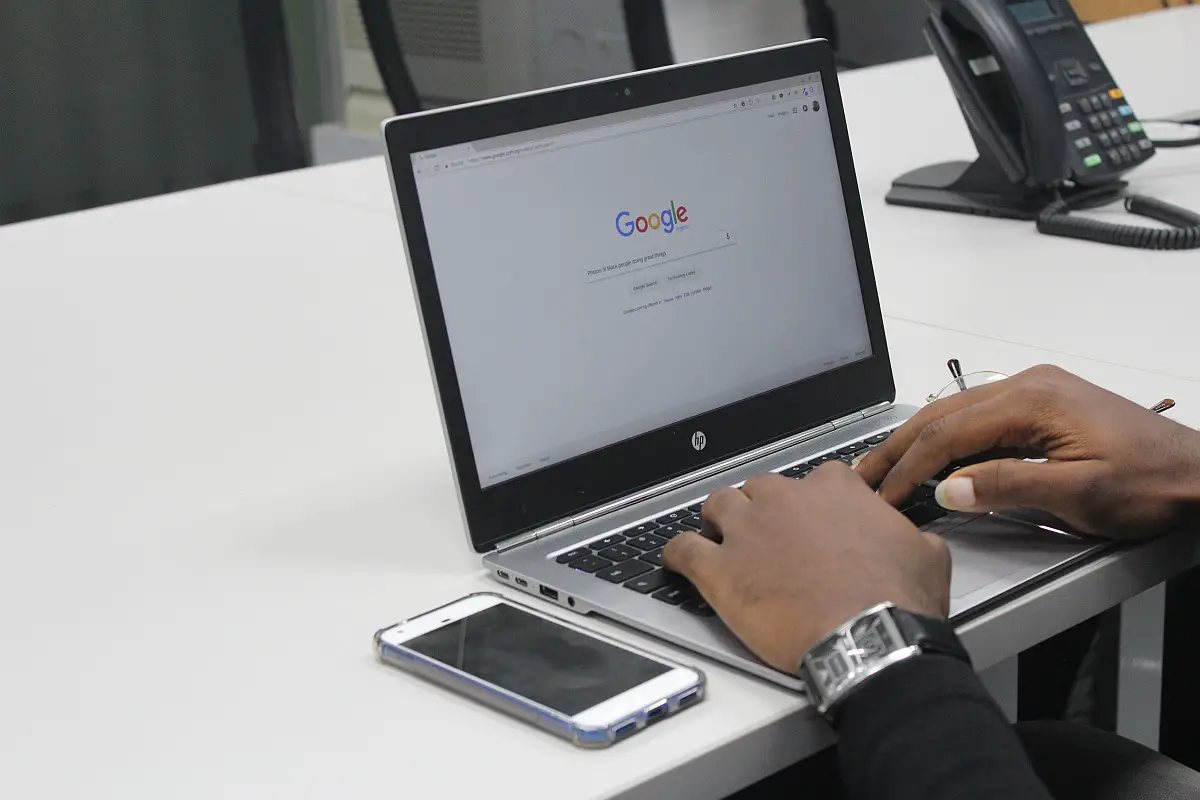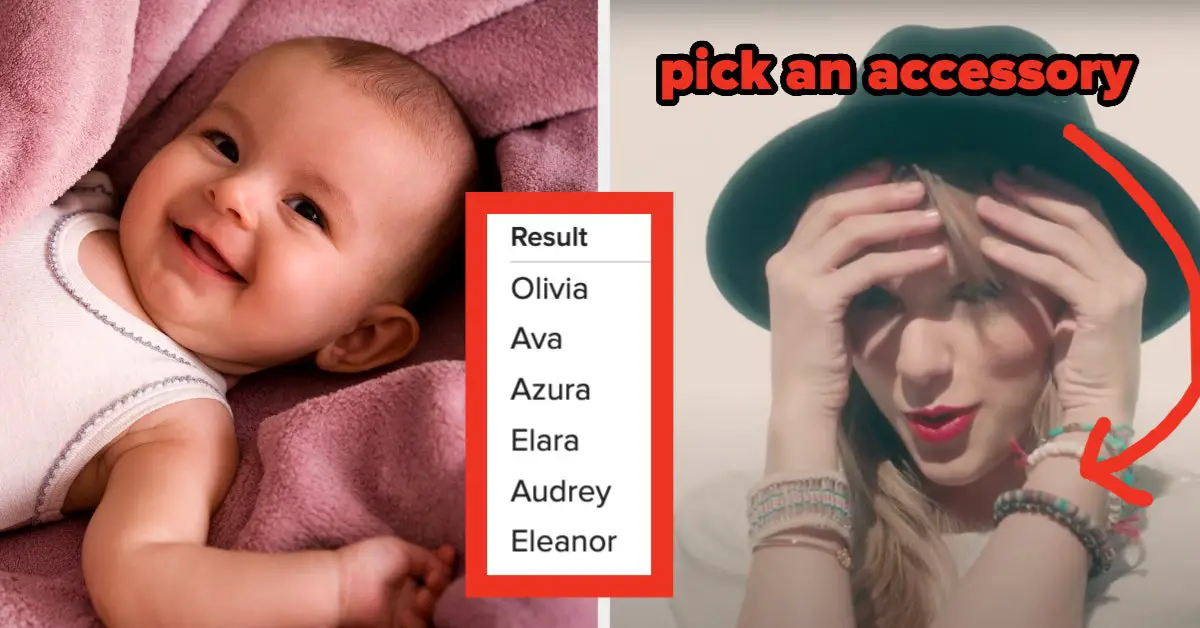Many of us have become accustomed to getting the newest, flashiest versions of our favourite gadgets, leaving yesterday’s tech destined for the dustbin. In 2022, the global economy produced 50 million tonnes of e-waste — equivalent to the weight of 5,000 Eiffel towers.
This take-make-waste habit is unsustainable, and research shows, increasingly unpopular. The second-hand goods market is growing 20 times faster than retail as a whole and is expected to be worth €120bn by 2025.
“Buying refurbished goods has got a huge tailwind at the moment,” James Murdock, Alchemy’s CMO, tells TNW. “More and more people want to do things that are both good for the environment and good for their wallets.”
Founded in 2017, Alchemy is an Irish early-stage company that has developed a preparatory tech stack that streamlines the recovery, repair, and resale of used devices like phones and laptops. Three years ago, with a team of four employees and just $2.5mn in pre-seed funding, Alchemy pitched Apple and won their trade-in business.
Apple’s trade-in programme allows you to hand in your used Apple device (or multiple) and get a discount on a new one, or store credit.
Once receiving that brand new iPhone or Macbook most of us will never pay the old one much thought ever again. But what actually happens after trade-in? That’s where Alchemy comes in, and they claim to be the fastest-growing circular tech company you’ve (probably) never heard of.
The long road to resell
Apple’s trade-in programme has been running for 10 years now. The company accepts used iPhones, iPads, Macs, Apple Watches, and even Android phones.
After you trade in your device it will, in most parts of the world, be sent to one of Alchemy’s 60 warehouses located throughout Europe, Asia, and the US.
“When you trade in an Apple device it’s Alchemy’s system that takes the title from the consumer, it’s us that has the second-hand dealer licence, it’s us that receives it and ensures that it’s data safe,” says Murdock.
The first thing Alchemy does is use specialised software to swiftly wipe all previous user data from the device and reset it to factory settings. Because Alchemy handles highly sensitive consumer data they have to be extremely rigorous. Apple audits the firm every six months. “It’s a pretty serious business as you’d imagine,” says Murdock.
After that, they inspect and grade each device through an algorithm called Jupiter, which automatically runs a diagnostics test to determine any faults. At this point they begin repairs, but only if it makes economic sense.
If it’s an old iPhone 8 that’s smashed to pieces, it will get recycled. Here it might end up in the claws of Daisy, Apple’s recycling robot. Daisy picks apart old devices and recovers materials for reuse. However, while Apple has improved its recycling rates in recent years, a lot of old devices still end up in landfill.
Alchemy works more on the refurb side of the supply chain. Less than 1% of the goods it handles go for recycling, it says. The remaining 99% will get refurbished at Alchemy’s own facilities located across the world. Its newest plant in Miami is capable of processing 60,000 devices a month.
A key part of the company’stech stack is Apollo, a system that determines the right price for each device. The algorithm looks at past sales trends and makes predictions about future prices. The more Alchemy sells, the better the software becomes at pricing a device accurately. Nevertheless, getting the right price always involves some level of guesswork, says Murdock.
Once the devices are refurbished and priced, some of the stock gets sold on Alchemy’s own marketplace Loop Mobile, which has its own website but also operates on big retailer sites like Amazon, Walmart, and Back Market.
Alchemy claims to be the number one or two reseller of refurbished smartphones on those platforms — so they are shifting a lot of products. The rest is sold to some 1,600 second-hand resellers through Alchemy’s Callisto marketplace.
The great thing about Apple products, says Murdock, is that they “hold their value better than any other tech brand.” Despite being a six-year-old phone, Alchemy still sells a whopping 15,000 iPhone 8’s every single day.
For many, older generation phones still get the job done, and cost a heck of a lot less. “In the early 2000s the advances in technology between models was huge,” explains Murdock. “When a new Nokia 95 or HTC device came out it left the old model obsolete. But now, the tech curve has flattened somewhat, leaving older phones with decent residual value. As you can imagine, this has been a gamechanger for the refurb market.”

Last year, Alchemy, which now has over 300 employees, made $442mn in revenue. It is targeting $700mn this year and wants to hit the $1bn mark in 2024. It has remarketed 3.7 million devices to date, which it says has avoided the emission of 280,000 tonnes of CO2 into the atmosphere.
This impressive growth is a testament to the surging demand for refurbished tech, especially considering it’s been largely organic — remember Alchemy has only ever raised $2.5mn in funding.
Key to this success, says Murdock, is generating trust by making the buying of a used product as close to buying a new one as possible. Part of this trust-building is being fully transparent about the condition of the devices, as well as offering a full one-year warranty. “We make trade-in a value-added experience which is (partly) why Apple partnered with us,” he adds.
Circular tech
Apple products made up almost half of the global second-hand smartphone market in 2022, becoming the fastest-growing brand in the used and refurbished sectors globally.
While the tech giant doesn’t directly make a profit from the secondary market, the more of its products enter people’s hands the bigger its market share. This benefits Apple’s services market which includes app installations, licensing revenue, and iCloud subscriptions — all of which are directly tied to the size of Apple’s user base.
Apple isn’t the only big tech company helping customers get the most from their old tech. Google launched ChromeOS Flex last year, an operating system that can turn any old device into a “sleek new Chromebook,” while Nokia has a subscription service that encourages users to hold on to their phones for longer.
All these initiatives adapt to shifting consumer demand for more sustainable and affordable products. They are also a win-win: businesses attract more customers, cut material costs, and comply with ever-stricter environmental regulations, while customers get good tech at a good price, and tread lighter on the Earth in the process.
Source link










Leave a Reply